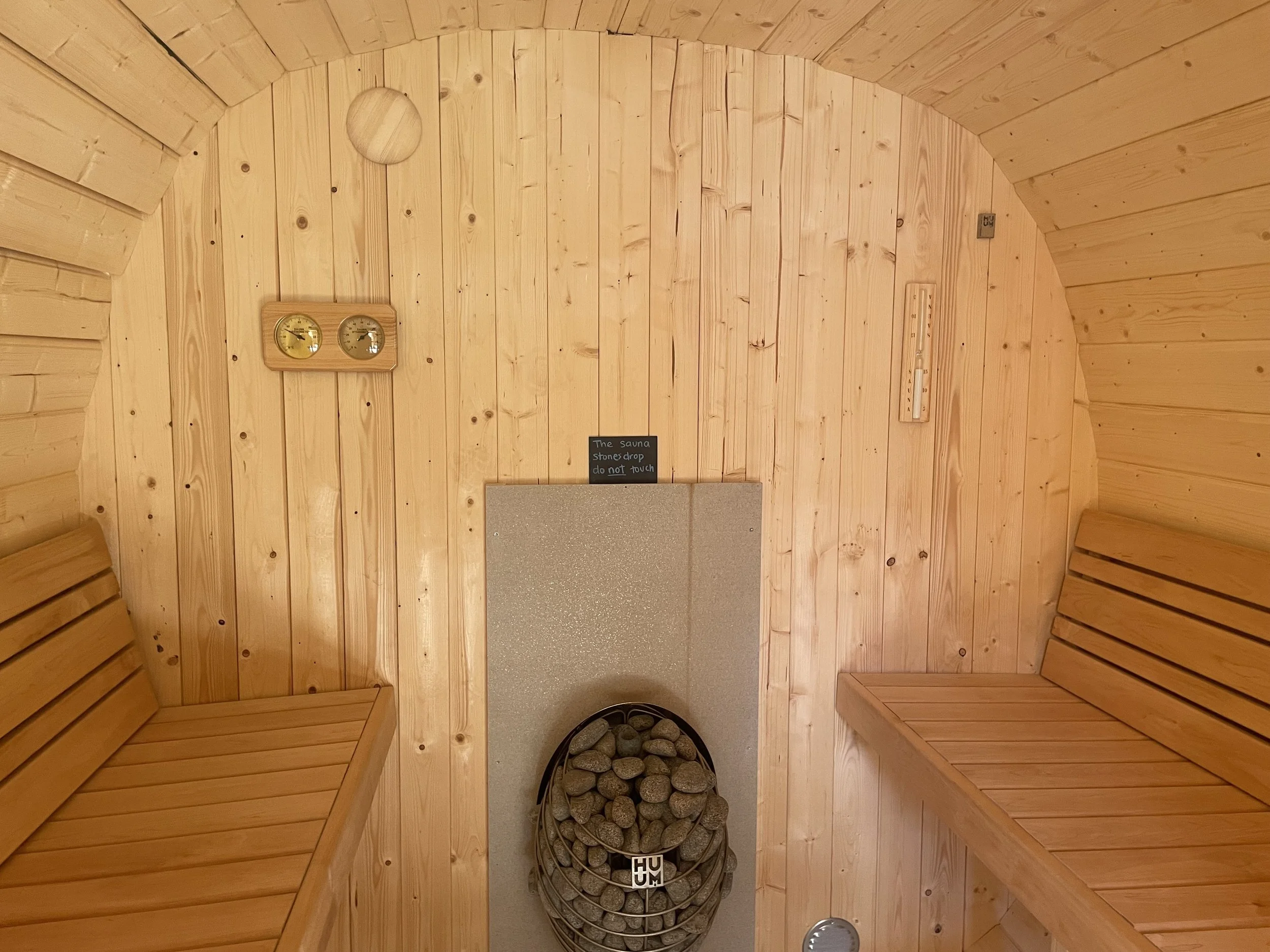The Benefits of Saunas: A Time-Honored Tradition
For centuries, various cultures have embraced saunas for a multitude of reasons, including stress relief and relaxation. In colder regions of the world, saunas are woven into daily life. For instance, in Finland, a nation of 5.5 million, there are nearly as many saunas as people—approximately 3 million.
Beyond simply providing warmth and a space to unwind, saunas may offer additional health benefits. However, it's important to take certain precautions before adding sauna bathing to your routine.
why have saunas become so popular? It’s a combination of cultural tradition, health benefits, and the pure pleasure they provide. Saunas offer a unique environment that promotes relaxation by allowing individuals to escape the hustle and bustle of daily life and immerse themselves in a peaceful, meditative state. The heat encourages the body to release endorphins, often referred to as “feel-good” hormones, which can help alleviate stress and improve mood.
Moreover, the physical benefits are compelling. Regular sauna use has been linked to improved cardiovascular health, as the heat can help increase circulation and promote heart health. The process of sweating also aids in detoxification, helping the body eliminate toxins and impurities.
Socially, saunas have become a communal activity where friends and family gather to enjoy each other's company in a tranquil setting. This fosters a sense of community and strengthens bonds, making the experience all the more enriching.
In today's fast-paced world, the practice of unwinding in a sauna offers a valuable opportunity for self-care, making it a popular choice for those seeking balance and well-being in their lives.
Health Benefits of Sauna Bathing
Reduced Risk of Cardiovascular Disease
A study published in the *American Journal of Physiology* in 2022 revealed that combining regular exercise with a 15-minute sauna session can enhance cardiorespiratory fitness and lower systolic blood pressure. Sauna use temporarily elevates heart rate, akin to moderate physical activity. This increased heart rate allows the heart to pump more blood, which can gradually strengthen the cardiovascular system.
Reduced Risk of Respiratory Diseases
Another advantage of sauna use is its potential to lower the risk of respiratory diseases, such as chronic obstructive pulmonary disease (COPD). Research in the *European Journal of Clinical Investigation* indicated that sauna bathing possesses anti-inflammatory and antioxidant effects. Regular sauna sessions may help diminish chronic inflammation and oxidative stress.
Pain Relief
Studies have shown that heat therapy can effectively alleviate chronic pain. This form of therapy enhances circulation, blood flow, and various metabolic processes, leading to pain relief. Saunas provide dry heat that can be utilized to raise skin and muscle temperature, promoting healing and improving muscle elasticity.
Stress Relief
For many individuals, consistent sauna visits can foster relaxation and alleviate negative feelings associated with daily stressors. One study found that participants experienced happiness after sauna bathing, with some achieving a state called "totonou," a Japanese term that signifies physical and mental alignment, clarity, and positive emotions. Another study observed varying responses in cortisol (the stress hormone) and endorphins (the body’s feel-good chemicals) to heat exposure.
Increased Longevity
Research suggests that regular sauna use may enhance longevity and extend the health span—the duration of life spent in good health. Sauna bathing may also boost immune function by increasing white blood cells that aid the body in combating infections and diseases.
recovery
Sauna sessions may also facilitate muscle recovery. After exercising, muscles can become sore or tense due to microtears in muscle fibers. The heat from a sauna can enhance blood flow, delivering oxygen to muscles to support the recovery process. Additionally, sauna bathing can improve sleep by triggering endorphin release in the brain, which helps mitigate stress and anxiety, promotes relaxation, and regulates circadian rhythms.

